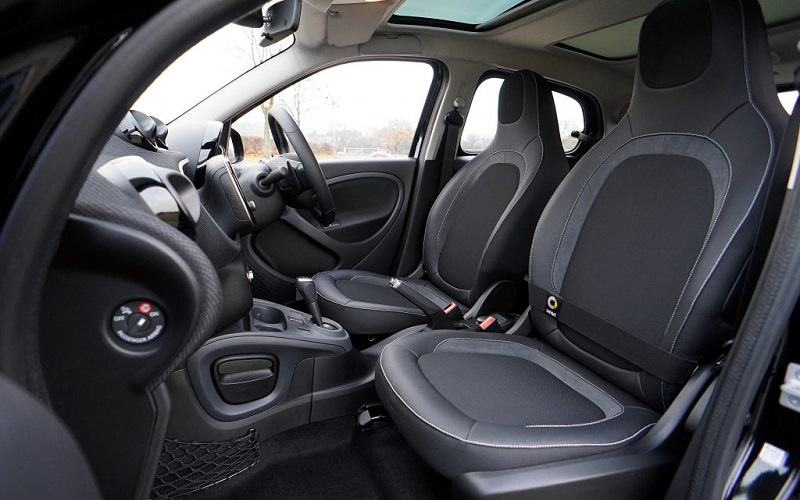Protecting your car’s upholstery from everyday wear and tear is essential to maintaining its appearance and resale value. Car interiors are exposed to various factors that can cause damage, such as spills, dirt, UV rays, and friction from getting in and out of the vehicle.
Taking proactive measures to safeguard your upholstery can prevent premature aging and keep your car looking fresh and inviting. This guide will provide you with practical tips and techniques to protect your car’s upholstery, including using seat covers, applying fabric protectants, regularly cleaning and conditioning the upholstery, and addressing spills and stains promptly.
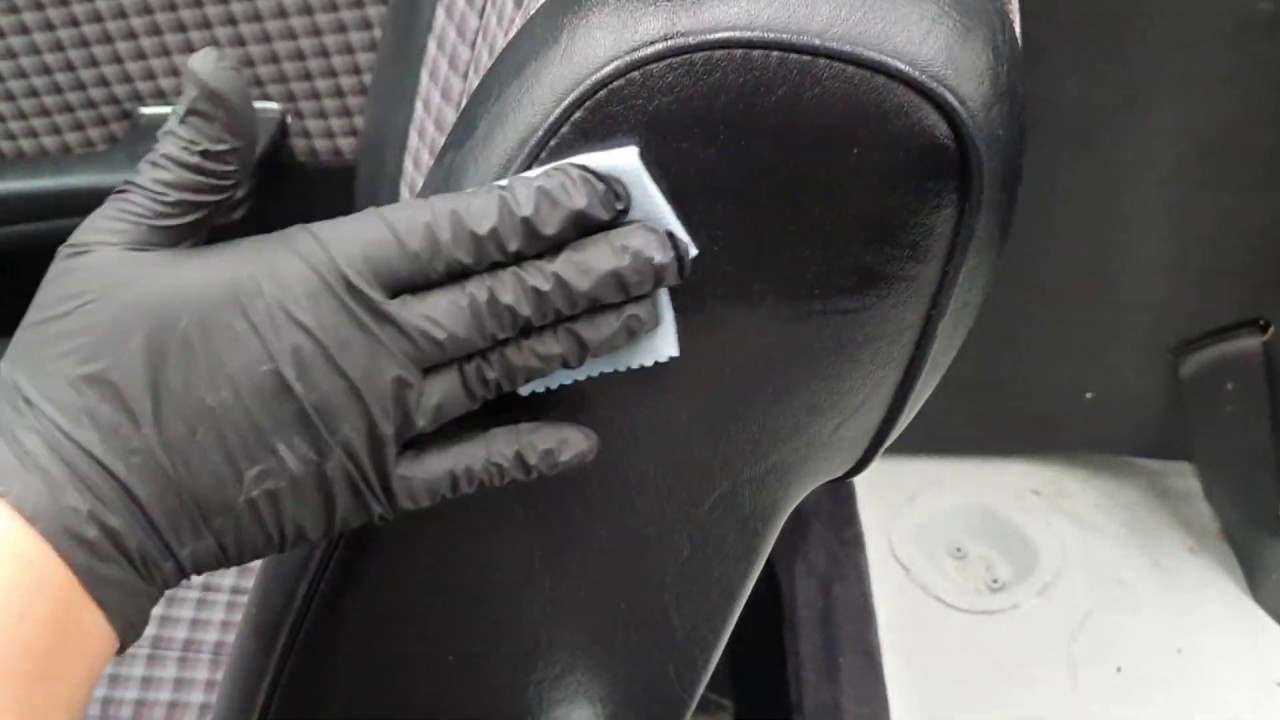
By incorporating these strategies into your routine, you can extend the life of your car’s interior and enjoy a comfortable and well maintained driving environment.
Using Seat Covers
One of the most effective ways to protect your car’s upholstery is by using seat covers. Seat covers act as a barrier between the upholstery and potential sources of damage such as spills, dirt, and friction.
They are available in various materials, including fabric, leather, and neoprene, each offering different levels of protection and comfort. Fabric seat covers are breathable and easy to clean, while leather and neoprene options provide robust protection against spills and stains. Installing seat covers is straightforward and they can be easily removed for washing.
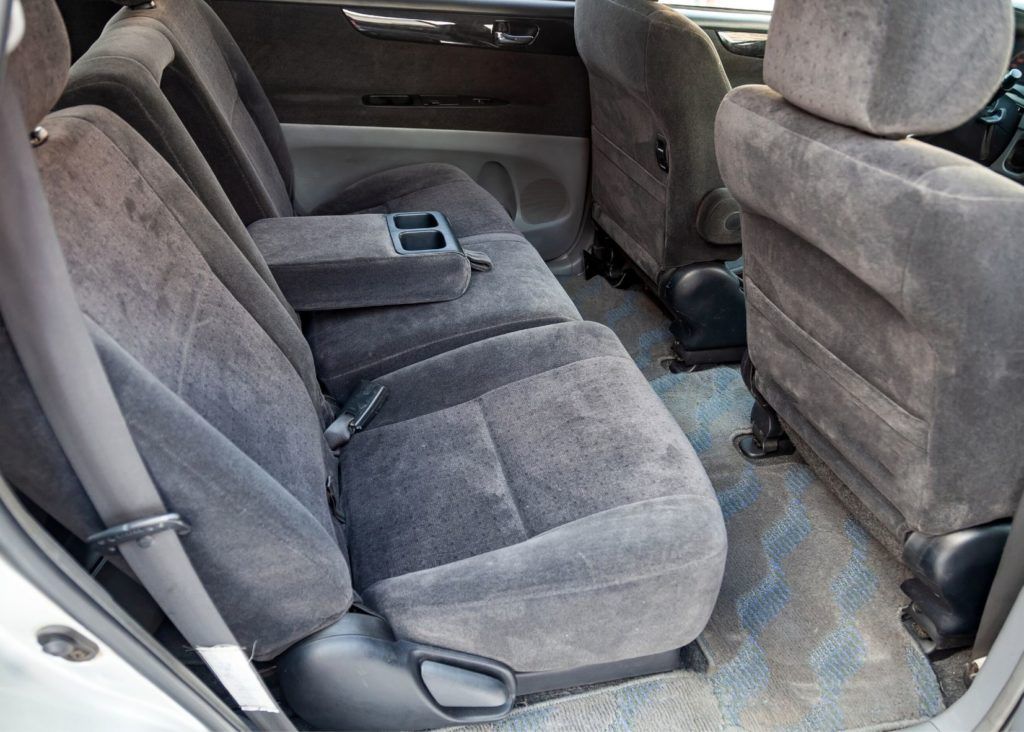
Regularly washing and maintaining the seat covers themselves also helps to keep the car’s interior fresh and clean. By using seat covers, you can protect the original upholstery from everyday wear and tear, preserving its appearance and value.
Applying Fabric Protectants
Applying a fabric protectant to your car’s upholstery can significantly enhance its resistance to spills and stains. Fabric protectants create a protective barrier on the surface of the upholstery, preventing liquids from being absorbed and making it easier to clean up spills.
These protectants are available in spray form and can be applied to fabric, suede, and leather interiors. Before applying the protectant, clean the upholstery thoroughly to remove any dirt and debris.
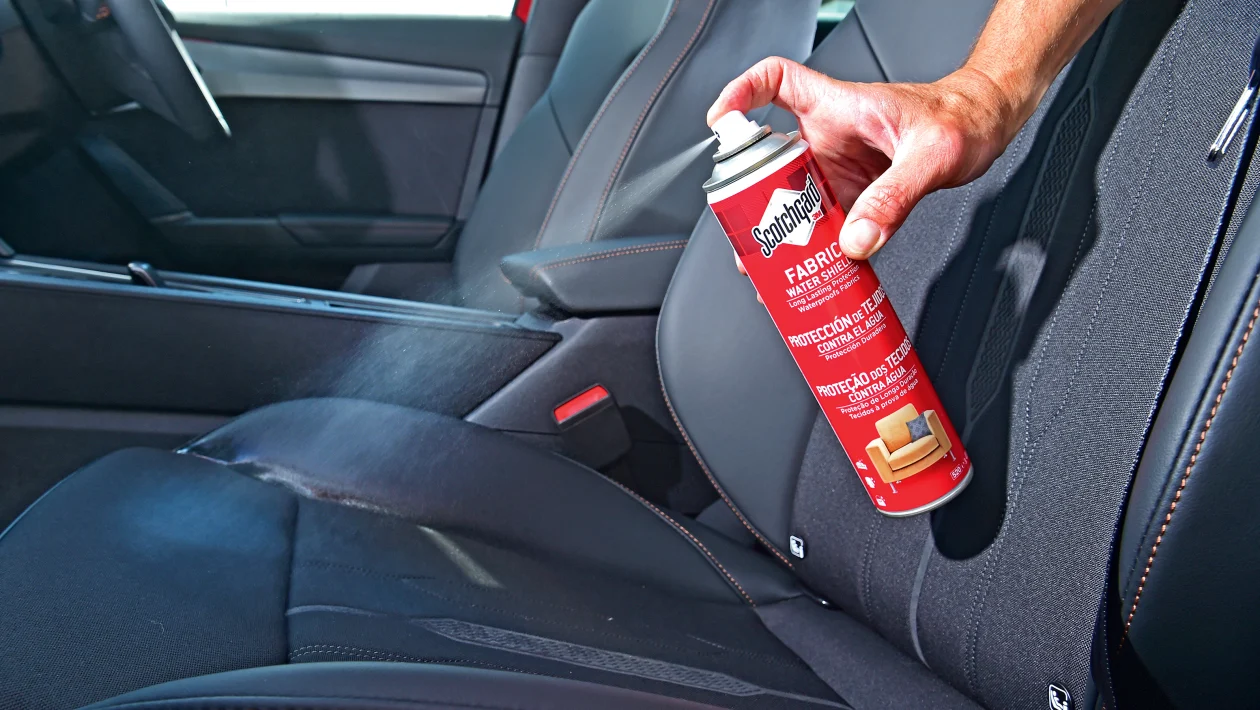
Follow the manufacturer’s instructions for application, ensuring even coverage. Reapply the protectant periodically, especially after cleaning the upholstery, to maintain its effectiveness. Using fabric protectants can help keep your car’s upholstery looking new and make it easier to manage accidental spills and stains.
Regular Cleaning and Conditioning
Regular cleaning and conditioning are essential for maintaining the appearance and longevity of your car’s upholstery. For fabric interiors, vacuum the seats and carpets frequently to remove dirt and debris that can cause abrasion. Use an upholstery cleaner to spot-clean stains and spills.
For leather interiors, use a leather cleaner and conditioner to remove dirt and prevent the leather from drying out and cracking. Conditioning the leather helps to keep it soft and supple, maintaining its luxurious appearance.
Cleaning and conditioning your upholstery regularly not only keeps it looking great but also prevents the build-up of contaminants that can cause long-term damage. By incorporating these practices into your routine, you can ensure that your car’s interior remains in top condition.
Addressing Spills and Stains Promptly
Promptly addressing spills and stains is crucial for protecting your car’s upholstery from permanent damage. When a spill occurs, act quickly to blot the area with a clean cloth or paper towel to absorb as much liquid as possible.
Avoid rubbing the stain, as this can push the liquid deeper into the fabric or leather. For fabric upholstery, use a mild detergent and water solution to clean the stain, followed by rinsing with clean water and blotting dry.
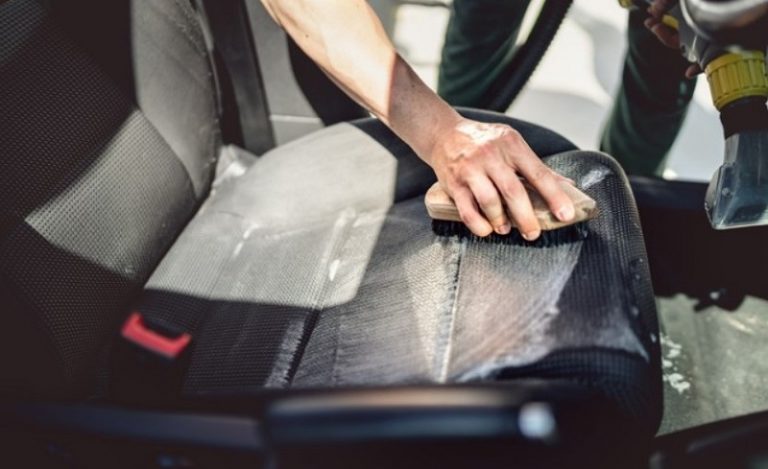
For leather interiors, use a leather cleaner and conditioner to treat the stain. Keeping a small cleaning kit in your car, including cloths, a mild cleaner, and a leather conditioner, can help you address spills immediately and prevent them from setting. By promptly dealing with spills and stains, you can prevent them from causing long-term damage to your upholstery.
Minimizing Sun Exposure
Sun exposure can cause your car’s upholstery to fade and deteriorate over time, especially in hot climates. To protect your upholstery from UV damage, try to park your car in shaded areas or use a car cover when parking outside.
Additionally, use sunshades on the windows to block out the sun’s rays and reduce the temperature inside the car. Window tints can also help in reducing UV exposure and heat buildup.
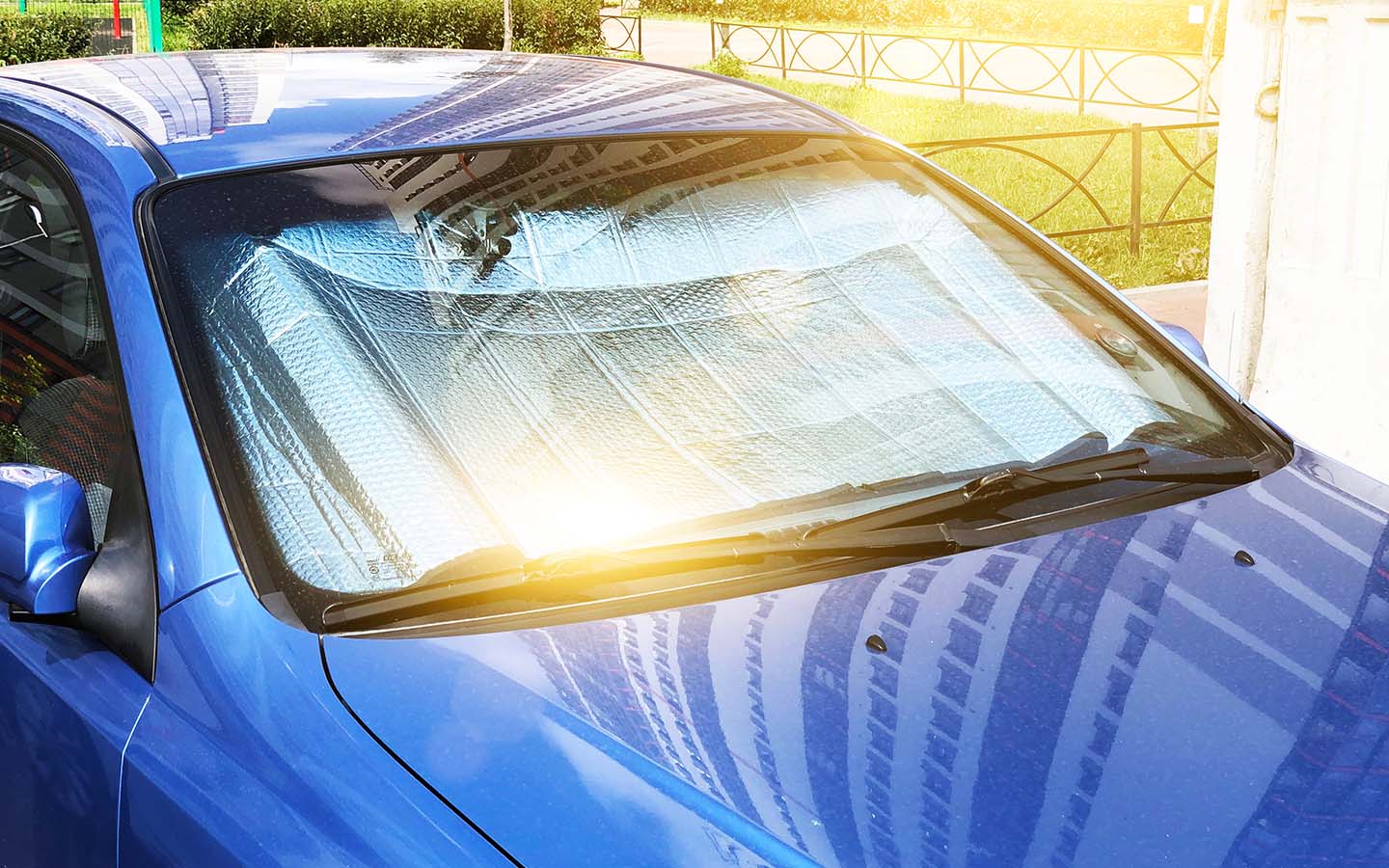
For leather interiors, apply a UV protectant to the seats and dashboard to prevent fading and cracking caused by sunlight. Minimizing sun exposure helps to preserve the color and integrity of your car’s upholstery, extending its life and maintaining its appearance.
Keeping Pets and Kids in Check
Pets and kids can be hard on car upholstery, causing spills, scratches, and general wear and tear. To protect your car’s interior, use pet seat covers or barriers to keep pets in designated areas and prevent them from damaging the upholstery.
Consider using car seat protectors under child seats to guard against spills and indentations. Teach kids not to eat or drink in the car to reduce the risk of spills and stains. Keep a small vacuum and cleaning supplies in the car to quickly clean up any messes.
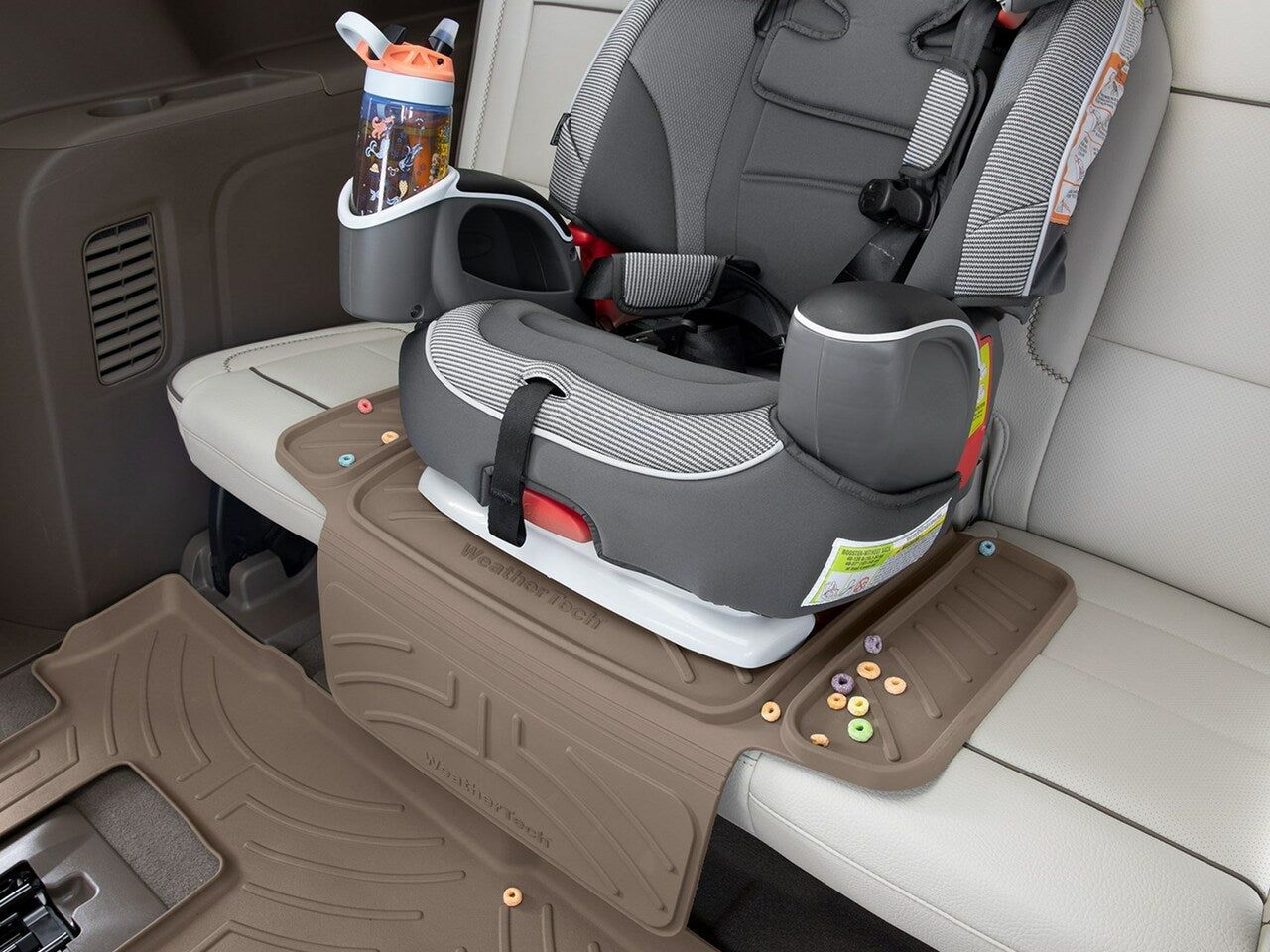
By taking these precautions, you can protect your car’s upholstery from the extra wear and tear caused by pets and kids, keeping it in better condition.
By following these tips, you can protect your car’s upholstery from everyday wear and tear, ensuring it remains in excellent condition and retains its value. Regular maintenance and proactive measures will help you enjoy a clean and comfortable car interior for years to come.

